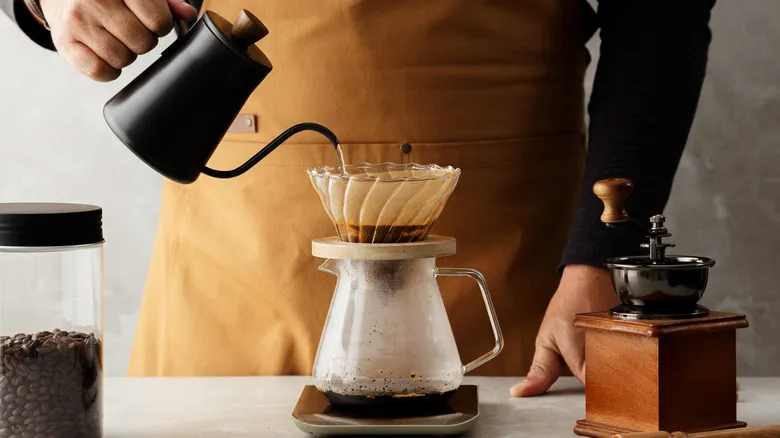The water profile for the perfect cup of coffee
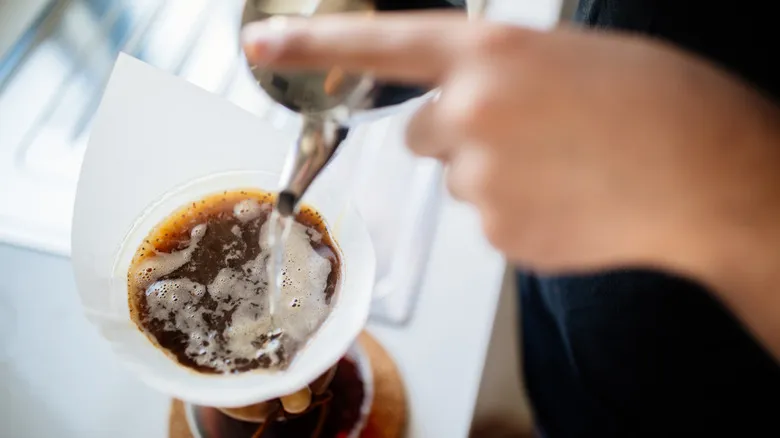
The Specialty Coffee Association has established guidelines for the ideal water to use when brewing coffee. According to the association, water that adheres to these criteria enhances the extraction of coffee solids, leading to a better flavor. To comply with these standards, your water should be clear and odorless, free from chlorine, and possess a mild acidity. The association recommends that calcium hardness should range from 50 to 175 parts per million, with a preference for levels closer to 40 parts per million for alkalinity. If your water has a higher pH and is more alkaline, it may result in a bitter taste in your coffee. Ideally, the pH of your coffee should fall between 6 and 8.
Additionally, having sufficient levels of minerals like magnesium and maintaining appropriate water softness can improve the taste of your coffee. These minerals enhance flavor, while water with low mineral content may leave your coffee tasting flat. They also play a role in the aroma of your brew, which is crucial since our sense of smell significantly influences our perception of taste. While having one or two elements slightly above or below the recommended levels may not ruin your coffee, you might be pleasantly surprised by the improvement in flavor if you adjust your water accordingly.
How to get the best water

To ensure you're using the best water for your coffee, the first step is to examine its composition. You can utilize the Environmental Working Group's tap water database to identify any contaminants present in your water. Additionally, searching for your local water authority online can provide insights into water hardness and overall quality. If you discover that your water is excessively hard, investing in a water softener could be beneficial (and it may also enhance the flavor of your baked goods). Water filters can also effectively eliminate contaminants like chlorine.
Another way to enhance your water quality is to use it right after drawing it from the tap. This means you might not achieve the best brew if you let your water sit in a holding tank or fill your pot the night before to brew in the morning. As water sits, carbon dioxide interacts with it, which can lower the pH and alter the taste. Furthermore, ensure that your coffee maker or kettle can heat water to 200 degrees Fahrenheit. While you may not be able to achieve every ideal standard for perfect coffee water, the more you can meet, the better your brew will taste.
Recommended
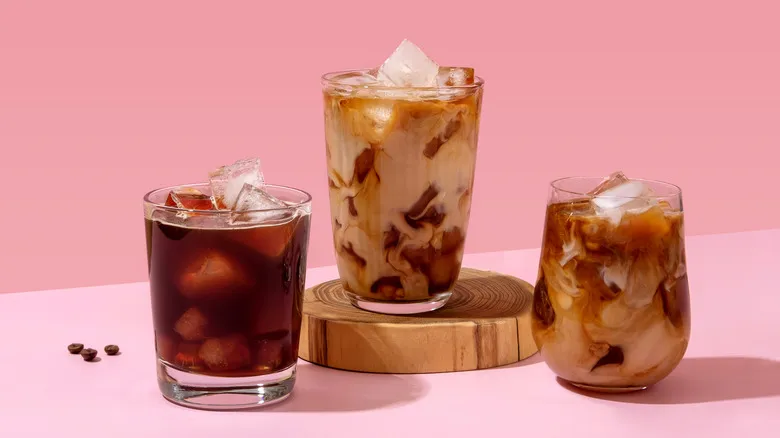
Cold Brew Vs. Iced Coffee: Which Is Stronger?
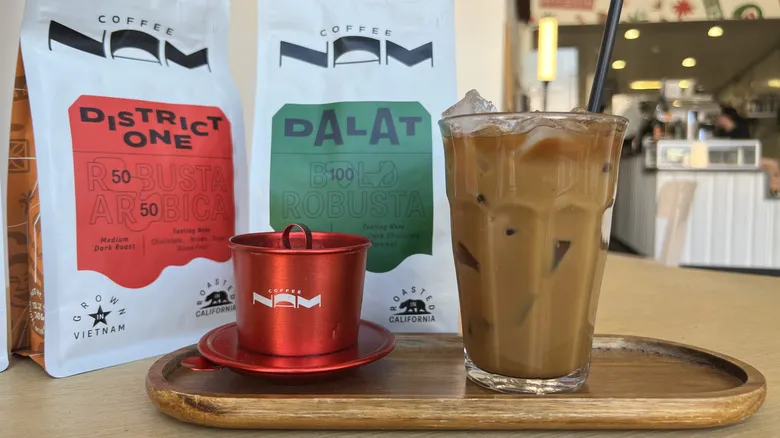
How To Make Vietnamese Coffee At Home
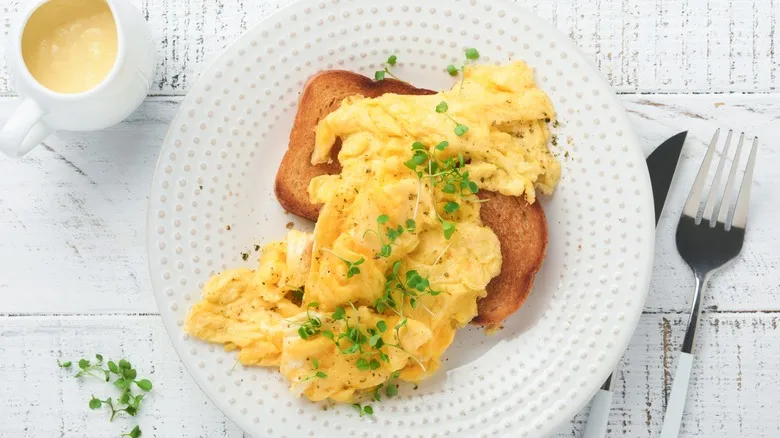
Coffee Milk Frothers Are Key To Top-Notch Scrambled Eggs
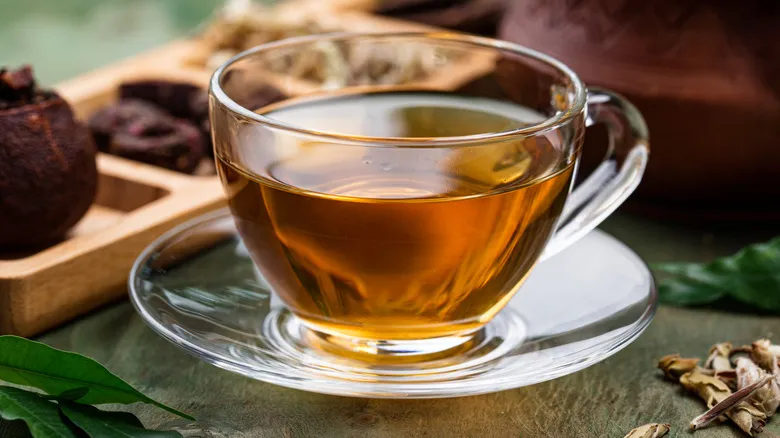
You Can't Have A Perfect Cup Of Decaf Tea Without Dumping It Out First
Next up

